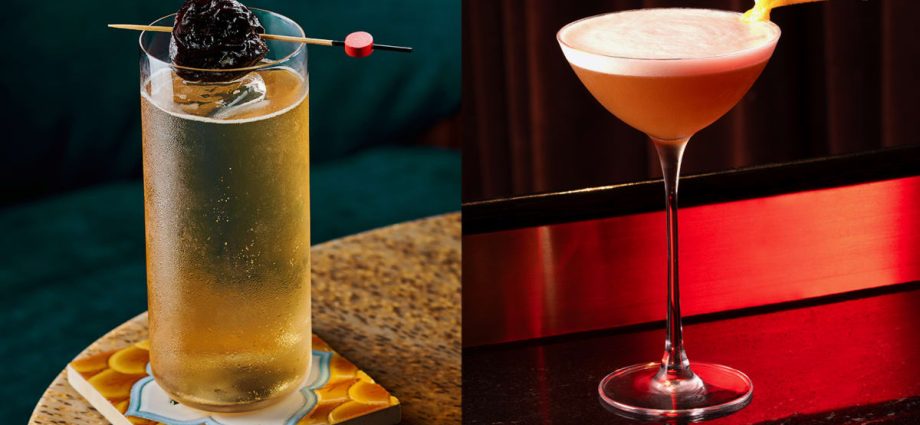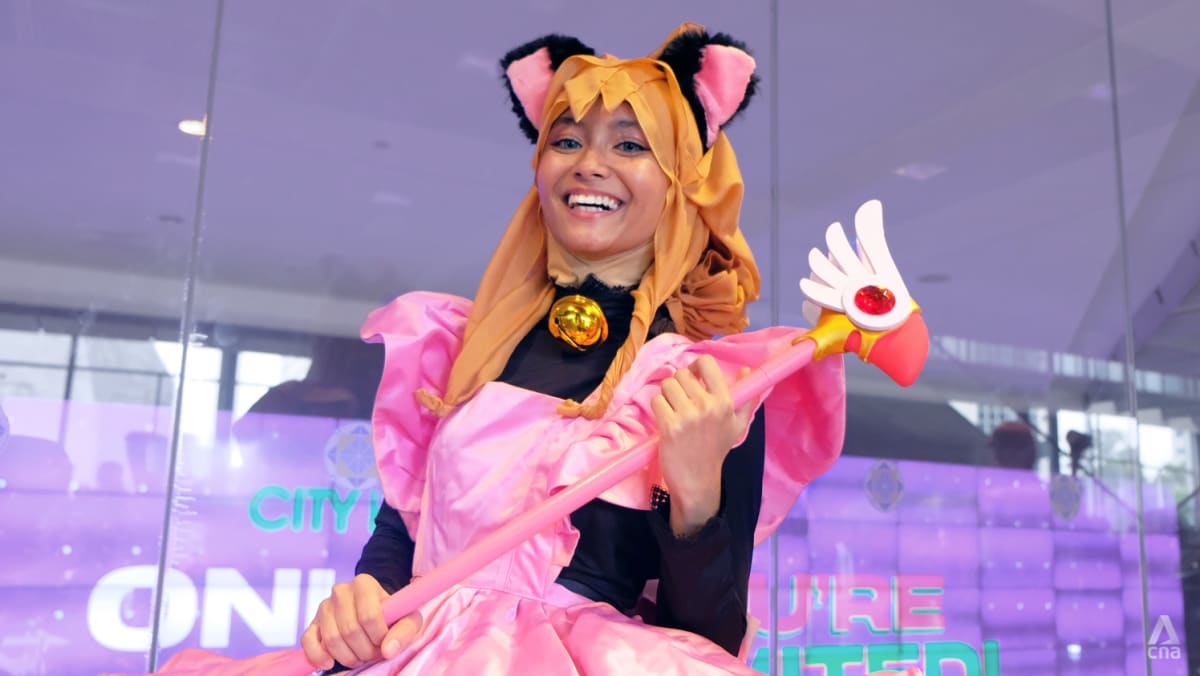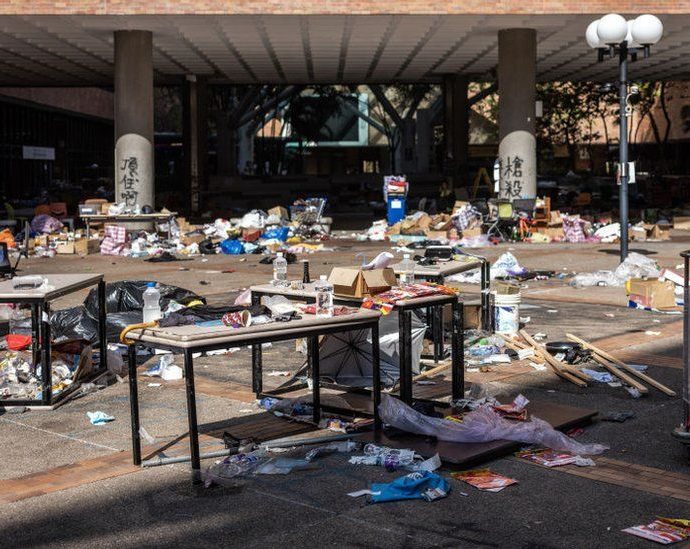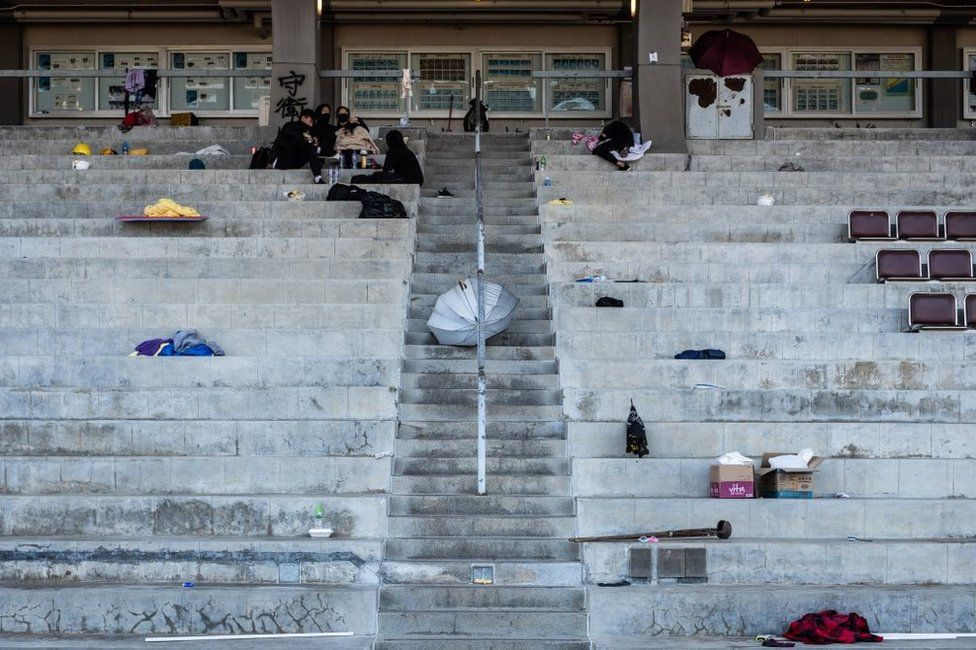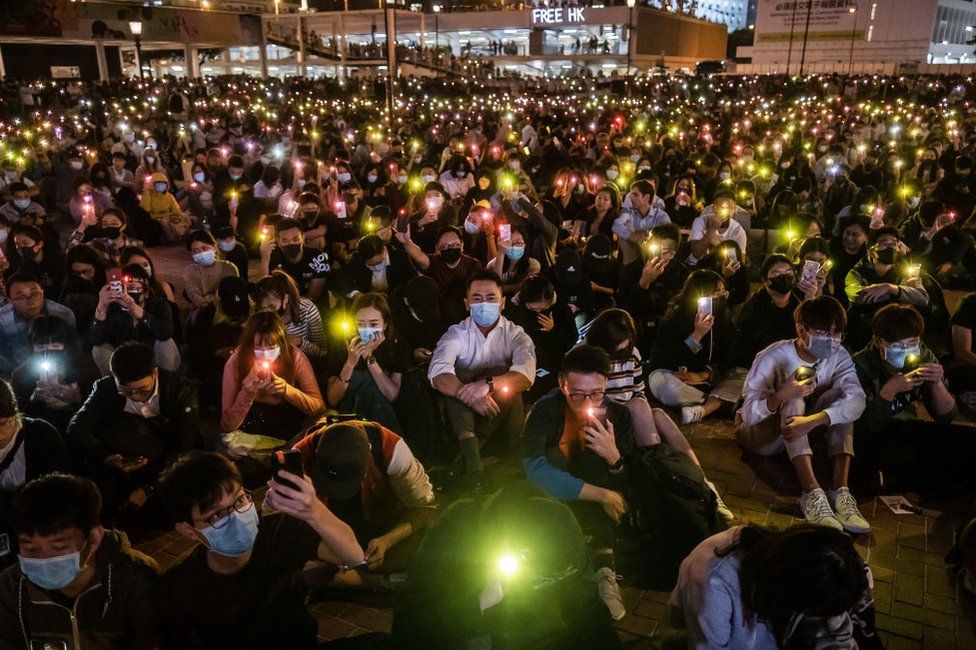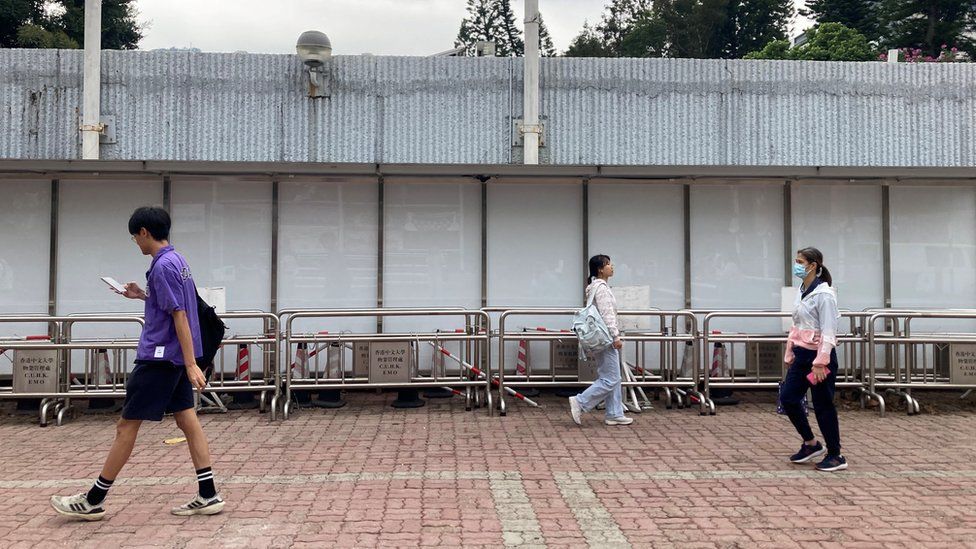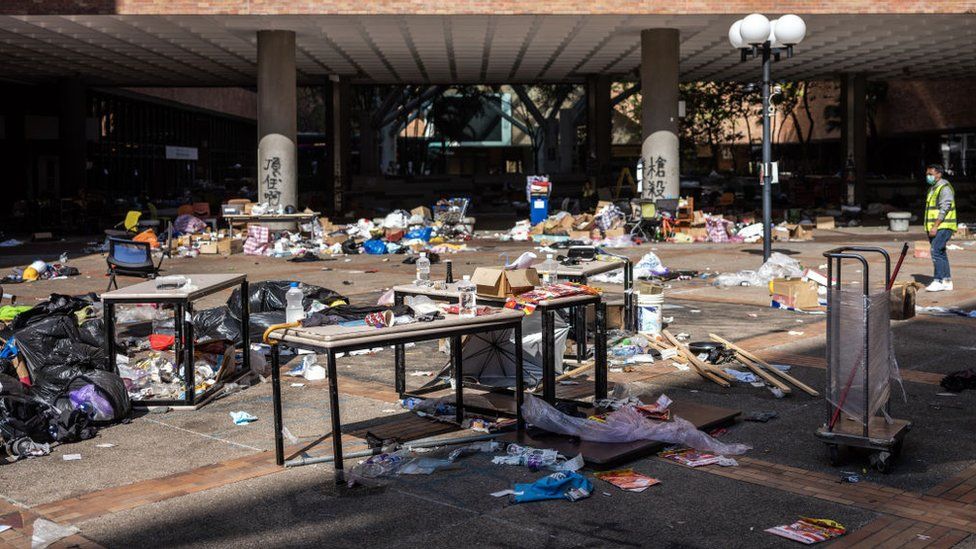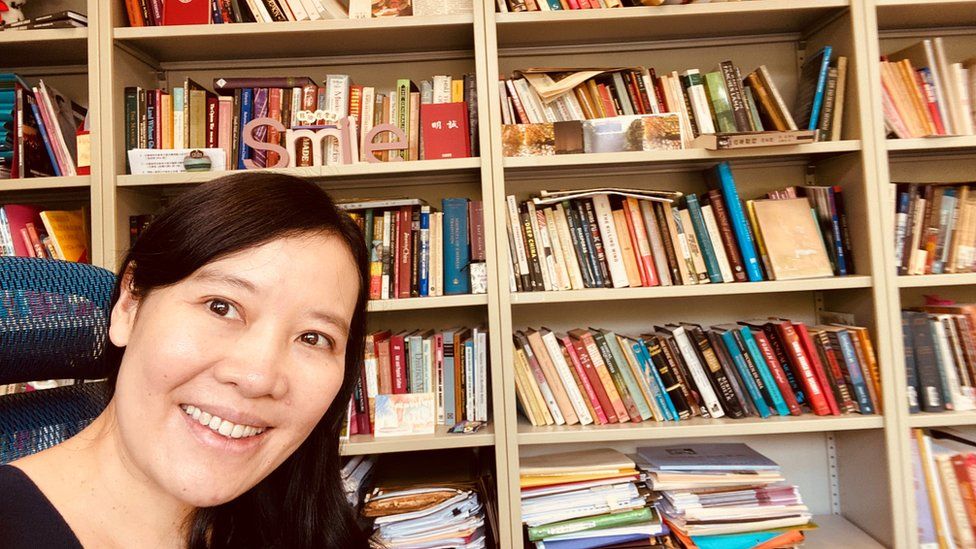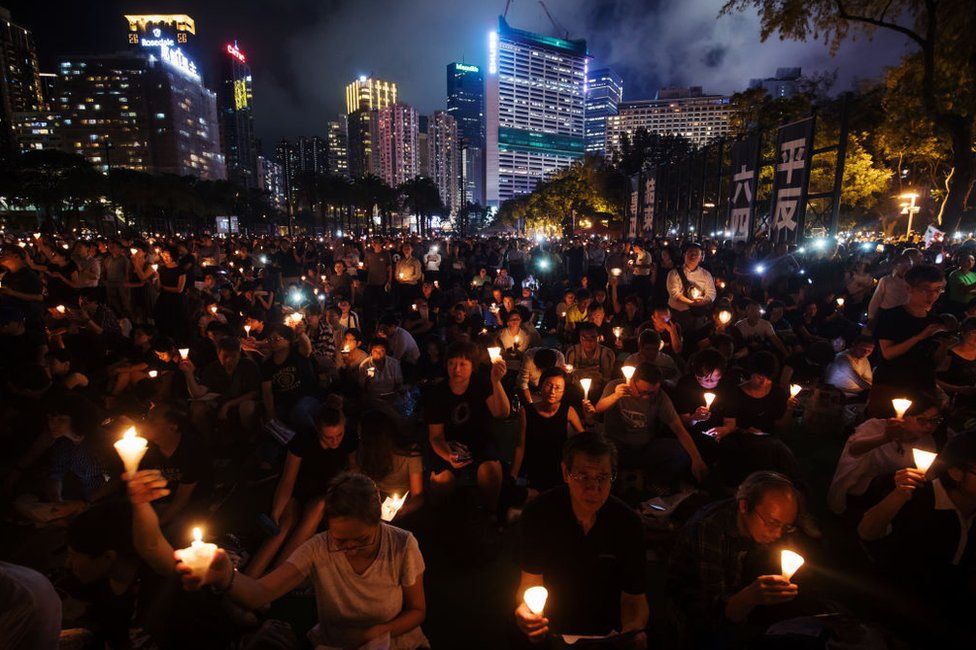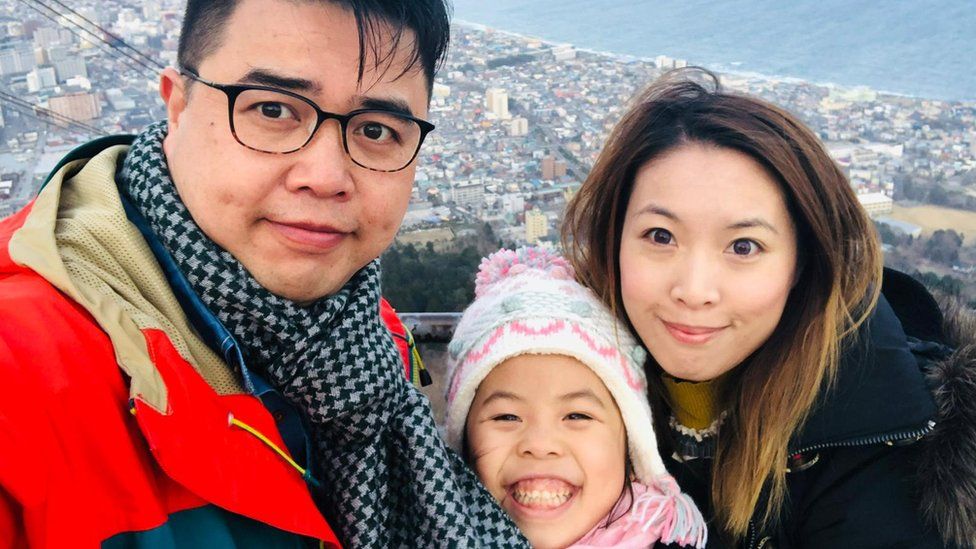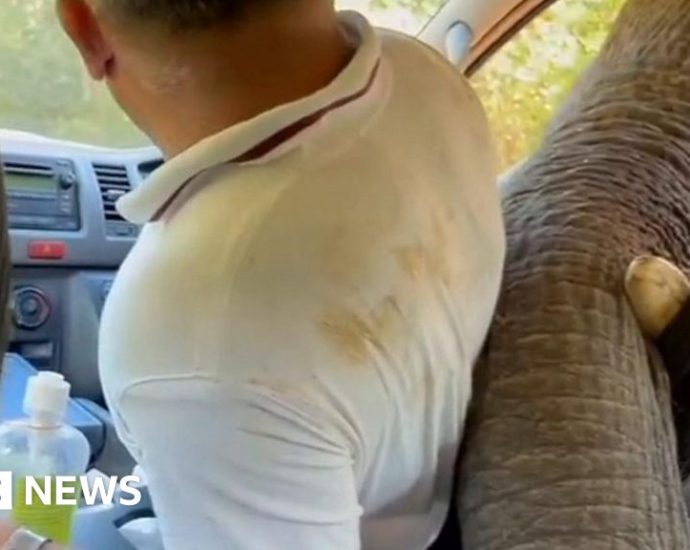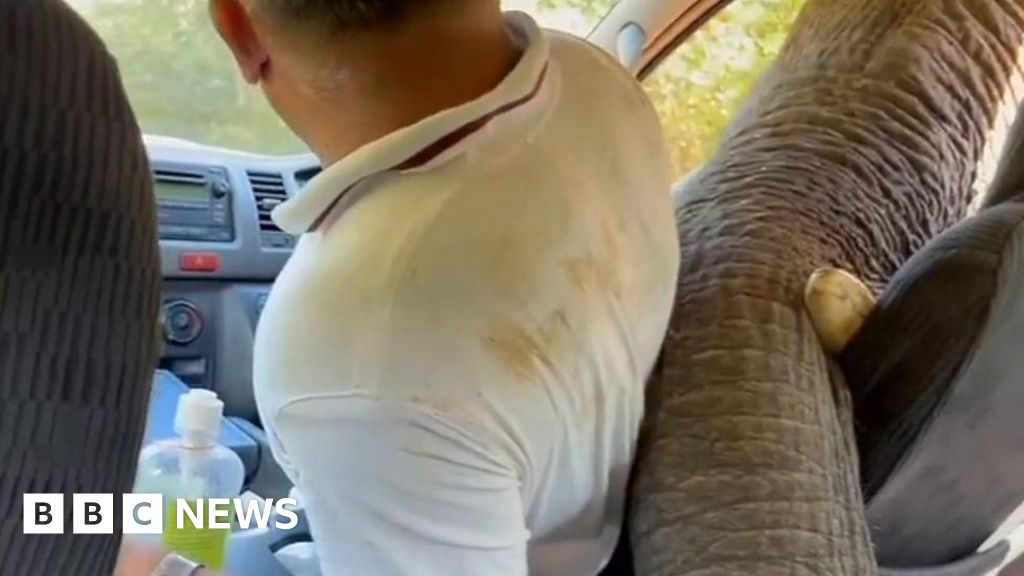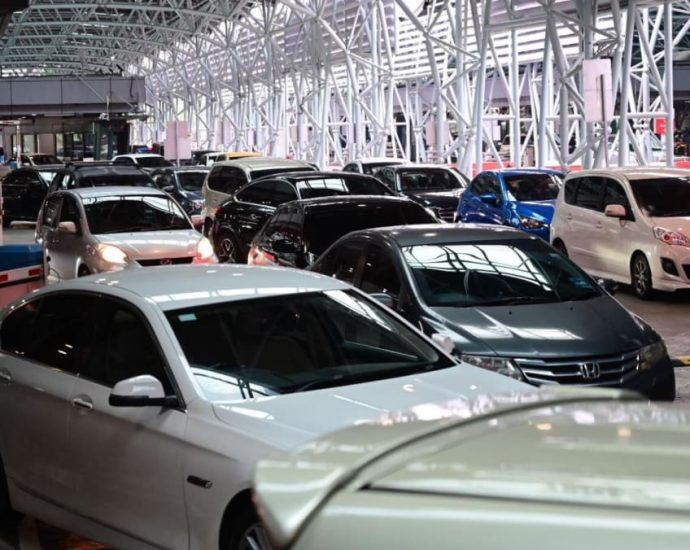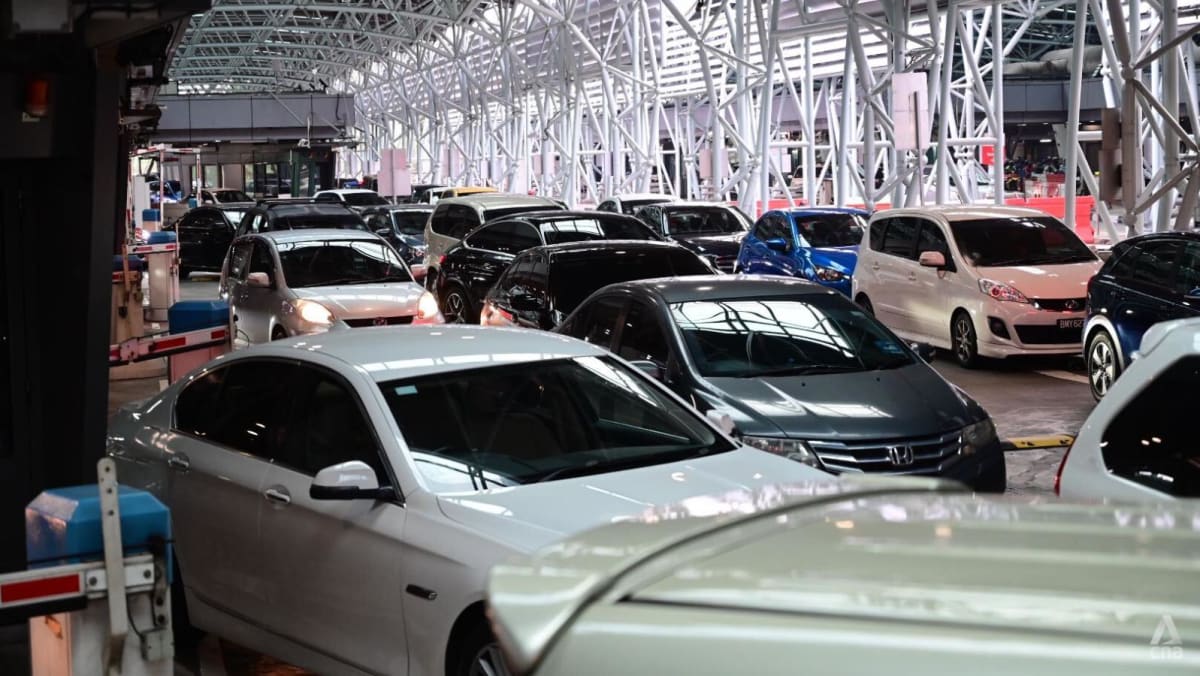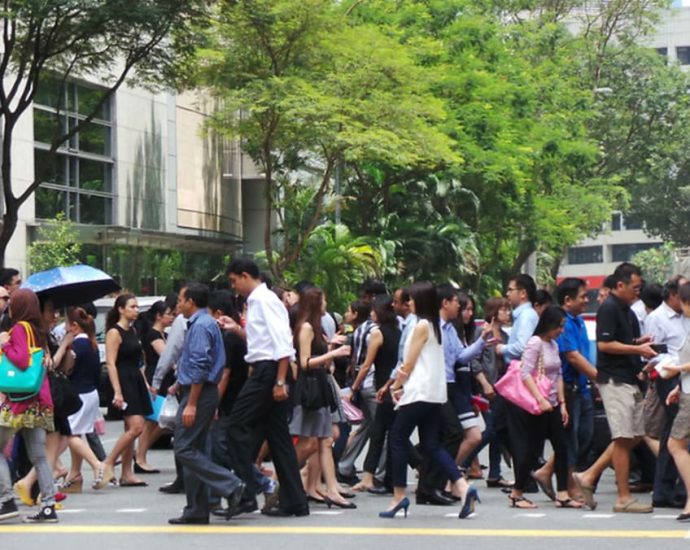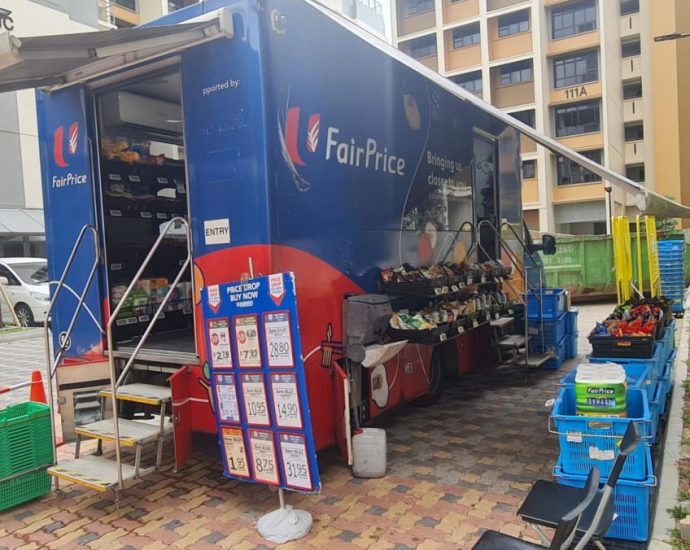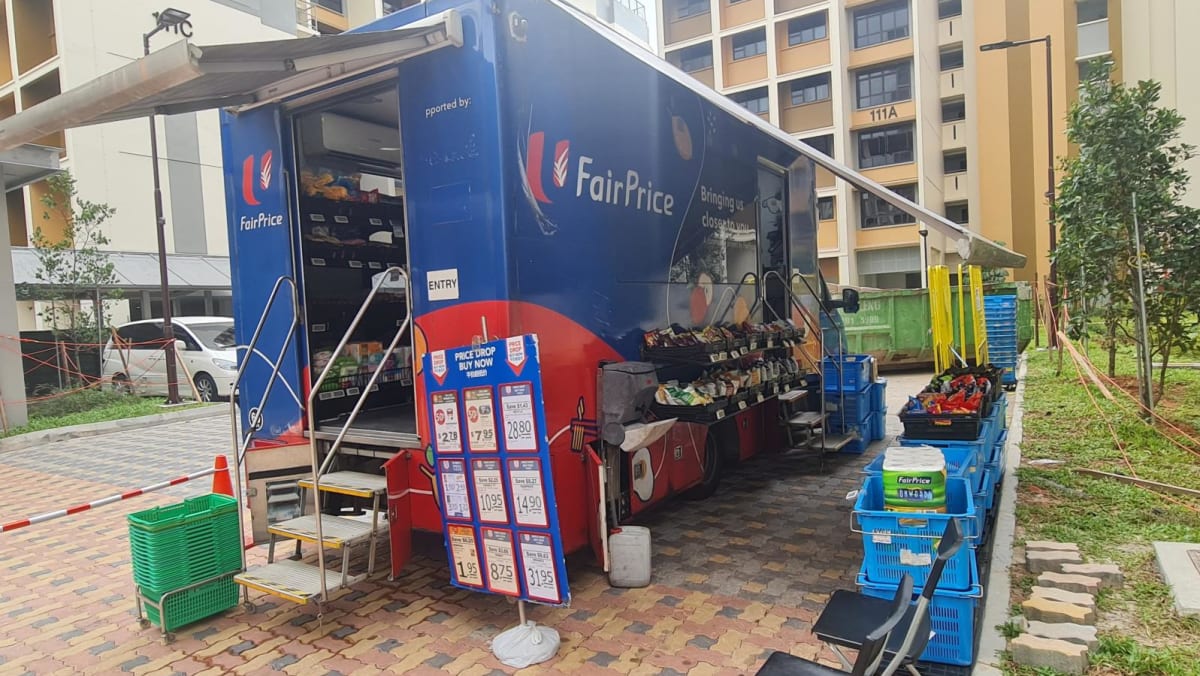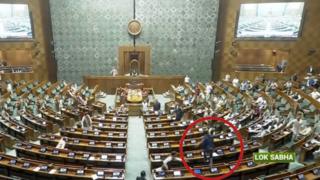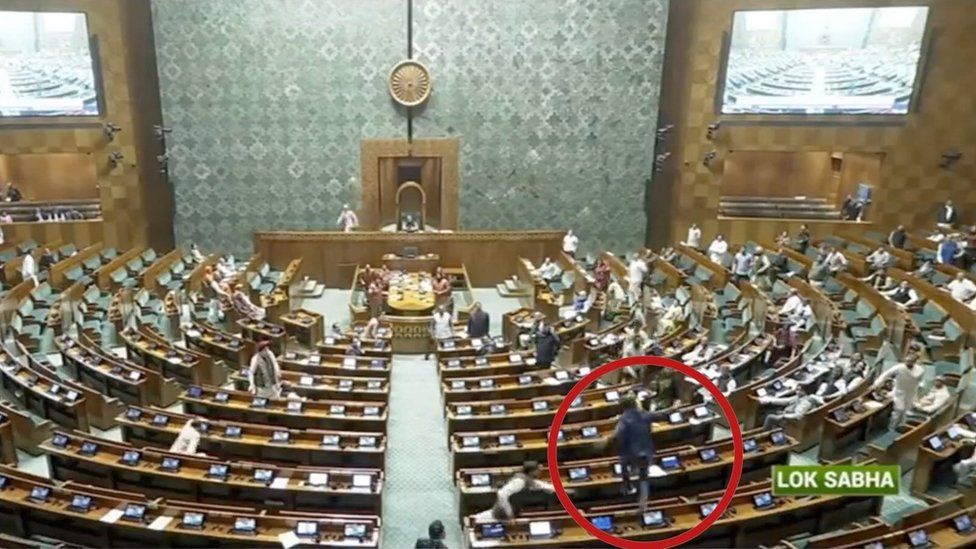Non-alcoholic drinks for the festive season: Which bars to go to and where to stock up for your home bar
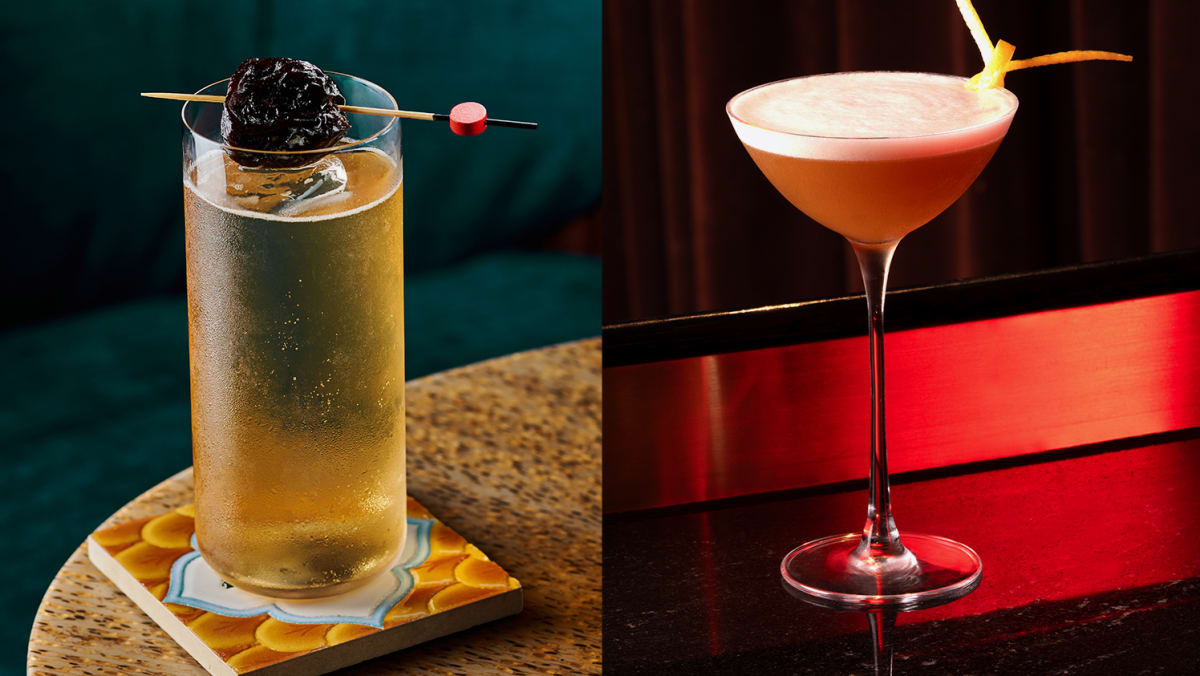
Not drinking this holiday season? You’re not alone. Scores of teetotallers across the island will be traipsing about town, refusing offers of an alcoholic libation. So, what to drink when you’re not drinking over the holiday season? Plenty, actually.
Never have there been more non-alcoholic spirits, wines, mixers and beers available for the steadfastly sober. Recent years have seen a rising number of non-alcoholic beverages worth lingering over, many the result of distilling a combination of thoughtfully chosen ingredients. These time-consuming methods yield rich, nuanced “spirits” sold by names like Seedlip, Lyre’s, Melati and Forged Counterfeit.
No matter if you’re thirsting for gin, whiskey, vodka, Campari, bourbon, amaretti, cane spirit or tequila, there’s a non-alcoholic alternative ready to be popped. To stock your home bar, head to Free Spirit, which touts itself as “Singapore’s first and biggest alcohol-free shop”.

